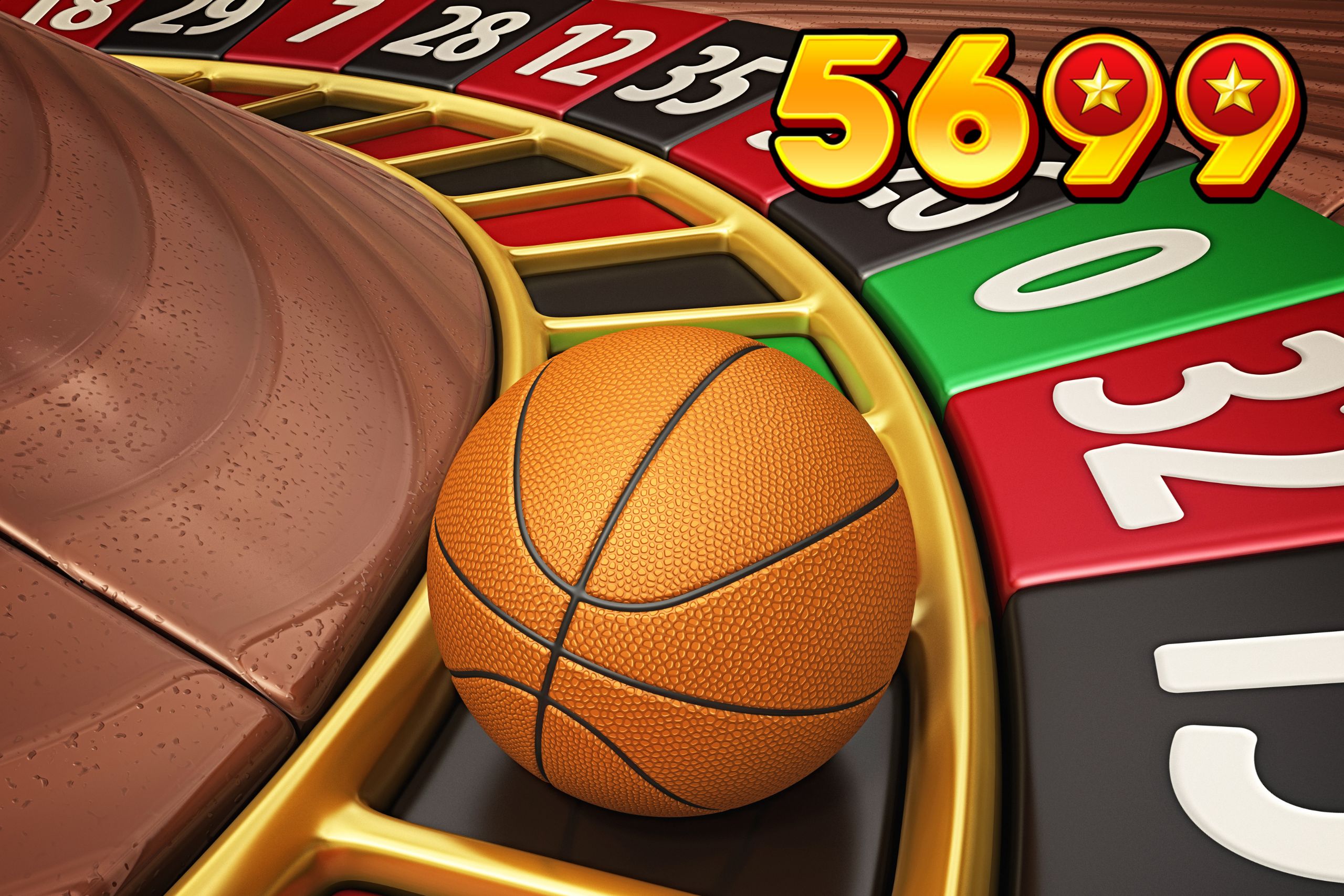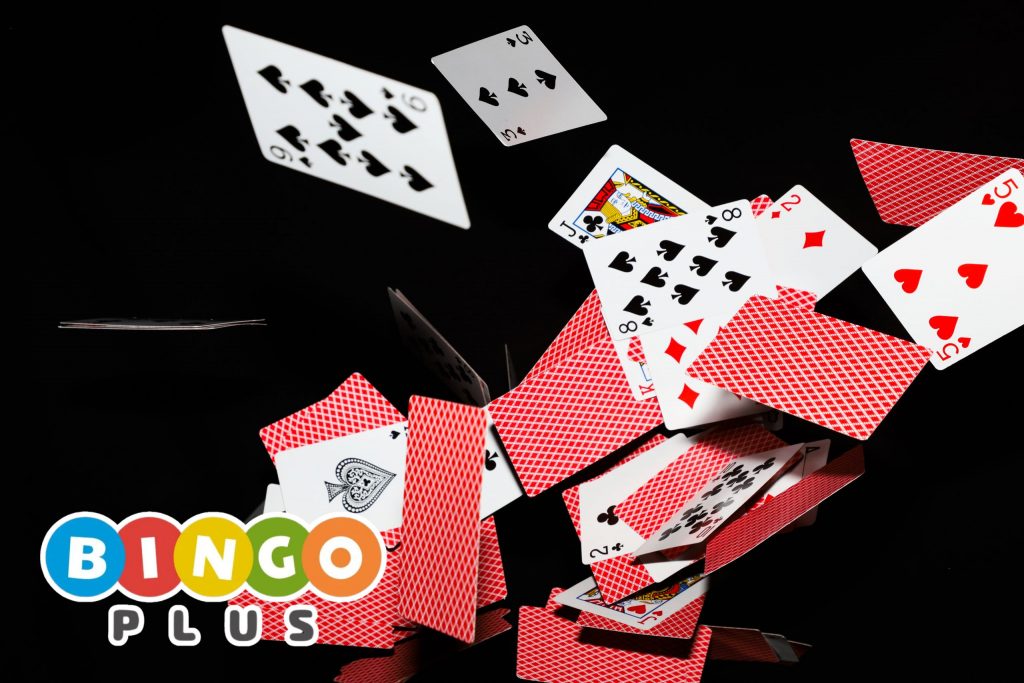Sports and gambling depend much on betting odds, which indicate the probability of different outcomes. They provide bettors necessary information so they may evaluate possible rewards in respect to risk. Knowing these chances helps people to make wise judgments and promotes an interesting betting experience.
It’s clear that psychological factors affect how people bet. Some things, like the thrill of taking risks and positivity bias, which makes people overestimate their chances of winning, can affect their decisions. To show how complicated the link is between feelings and gaming, people also make betting choices based on social factors and the need to fit in with their peers.
Knowing about these parts could make people smarter and lead to more moral ways of gaming. Making smart decisions and understanding how people think and feel helps make sports betting more strategic. People who read this paper will look into the psychological factors that affect gaming decisions as well as what odds mean.
A Psychological Perspective on Appreciating Probabilities
To learn about betting possibilities, you need to be able to think mathematically and psychologically. Bookmakers figure out odds by looking at a lot of different factors, such as how well the teams are doing and how the market is trending. Odds are usually based on how likely something is to happen. They give bettors chances in the form of a money line, a fraction, or a number.
From a psychological point of view, people often see things differently than they really do. Favorites may be undervalued when things look stable, but long shots may be overvalued when things like the appeal of possible wins are taken into account. Some cognitive flaws, like overconfidence or the availability heuristic, can change the way you think about odds. A bettor could, for example, obsess on recent wins or losses, therefore ignoring more comprehensive data that offers a better view.
Stressing the real statistical relevance of probabilities will help to improve judgment. Understanding the psychological factors as well as the statistical basis helps bettors to modify their techniques and develop a more educated approach to betting.
The Impact of Odds on Decision-Making
Odds have a major effect on gamblers’ risk assessment and confidence. An anchor, first chances help to shape expectations and guide judgments at last. Initial odds are seen by bettors as a representation of the possibility of an occurrence, hence depending on how those odds evolve over time, either confidence will be boosted or weakened.
All things considered, chances play quite significant role in forming views and behavior orientation. Although bad occurrences might be strong markers of risk management, positive reactions to favorable improvements can inspire optimism. Knowing the anchoring effect of odds helps bettors enhance their decision-making process and design a more effective gambling plan.
Emotional Factors and Their Influence on Betting Behavior
Emotional elements greatly affect betting behavior, thereby affecting decisions and results as well. Players can go through strong feelings like sorrow after defeats and excitement after winning streaks. These feelings might skew judgment and cause rash betting judgments. While the sadness of losses may lead to “chasing” techniques, therefore increasing the possibility of financial damage, the ecstatic experience of winning may inspire people to raise careless bets.
Those who want to control their emotions when wagering might use various successful techniques. Strict financial restrictions before gambling provide a safety net to maintain control independent of result. By use of mindfulness, increasing emotional awareness helps bettors identify emotions without immediately responding. Between betting sessions, pauses provide opportunity for introspection and help to lower the possibility of emotional-driven judgments.
Furthermore strengthening composure is self-talk and logical examination of betting decisions. Bettors who build emotional resilience and a disciplined strategy may maximize the thrill of gambling while reducing negative emotional effects. Adopting these techniques helps one to have a balanced view and promotes good betting conditions.
Social Influence: The Role of Peer Behavior in Betting
Betting decisions are strongly influenced by social circles and community impressions. People generally match their betting behavior to the conventions and attitudes that rule their social circles. Positive experiences connected to betting shared by friends or peers inspire confidence and could encourage further involvement. Conversely, bad sentiments within a society might discourage people from betting.
Mostly, common knowledge and experience influence the way one behaves in betting. Talks about successful tactics or common losses provide guidance for decisions. For instance, if a group cheers a good betting result collectively, it raises morale and motivates others to participate, therefore increasing the likely frequency of betting events.
Social betting sites enhance this dynamic even more by allowing customers social interaction and real-time information. Among the instruments that motivate individuals to act based on the success of others are leaderboards and betting recommendations. If talks focus on losses, this social element may either motivate more cautious behavior or increase betting excitement. Determining betting behavior in different civilizations mostly relies on social influence.

Conclusion
Behavioral and decision-making in betting is much influenced by psychological elements like cognitive biases, emotional reactions, and social influences. Understanding trends in overconfidence, loss aversion, or the gambler’s fallacy would enable gamblers to develop a better understanding of their psychological inclinations, therefore guiding their decisions. Encouragement of bettors to consider their reasons and feelings helps them to develop a reasoned rather than an impulse attitude. Through giving educated and logical betting practices top priority, people may improve their awareness of risks and rewards, therefore encouraging a more planned approach that reduces losses and maximizes possible returns. Accepting this understanding not only helps one develop personally but also improves the whole betting experience or “ty le keo 5“, hence making it fun and sustainable.




